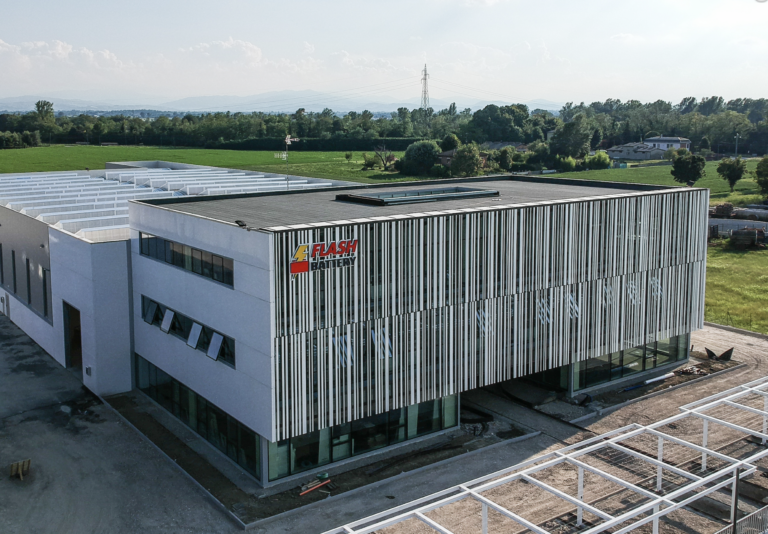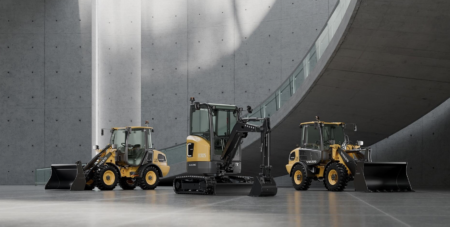The greatest number of new recruits at Flash Battery in 2020 was in research and development and design which, along with marketing and innovative international projects, have been strengthened further despite the consequences of the pandemic.
In light of these latest new recruits, Flash Battery – a leading company in the production of lithium batteries for industrial machines and electric vehicles – is further increasing its investment in product process sustainability.
“It is obvious that research plays a key role for a company like ours, which has to compete on a young market fully focused on innovation,” says Marco Righi, CEO of Flash Battery. “However, we want to bring in elements of sustainability in this area, which characterise our business and belong to the corporate social responsibility that is establishing its position as a distinctive feature, also offering significant results in terms of competitiveness”.
Mr Righi is referring to the applied processes and materials used in the production of lithium batteries by a company which, only a few weeks ago, received the Premio dei Premi award from the President of the Italian Republic, Sergio Mattarella, for its investment in research and innovation.
“Our batteries are completely cobalt-free, which is one of the hardest materials to recycle and has one of the worst impacts on the environment including during production,” says Righi. “The development of next-gen cells is becoming increasingly conscious of this aspect. Our choice here was clear in any case and involves using lithium chemistry (LFP) which is completely cobalt-free”.
“We have decided to use the safest and most stable technology you can find on the market, achieving particularly significant results both in terms of battery life (over 4,000 charge cycles) and user safety (partly thanks to our control electronics and balancing system technology) as well as for recycling processes,” he said.
The results from Flash Battery essentially show that the highest performances are compatible with production processes and the use of products with a low environmental impact. According to Righi this is why the company needs continuous investment in research into materials and in skills clearly focused on efficiency and sustainability, as it appreciates that work into alternative and sustainable energies is a broad, complex path and not just limited to replacing a source of energy.
“In March 2021 the new European Regulation on batteries is expected to come into force, regarding the sustainability and disposal of these products,” said Righi. “Hence why we are already a member of the Cobat National Consortium. For our part, however, we are convinced that regulations should always be anticipated by choices and actions which prevent the possible critical issues being covered by these regulations.”





